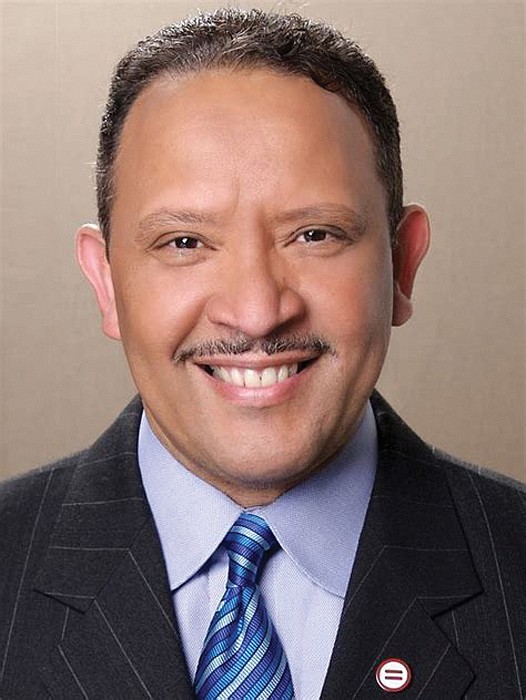Nation loses unsung civil rights hero, by Marc H. Morial
7/14/2022, 6 p.m.
The name Clifford Alexander Jr., who died recently at age 88, is not as well-known today as some of his contemporaries in the Civil Rights Movement. Perhaps no American, however, has done more to combat segregation and discrimination in private employment and the military or leaves as great a legacy.
I first met him in 1983 during a pick-up game on the basketball court at Xavier University in New Orleans. He had a masterful hook shot, and nearly bested me. I remember being impressed with his stature, both physical – he stood 6 feet, 3 inches tall – and professional. By then, he had been an adviser to four U.S. presidents, hosted his own television talk show, and was then head of his own consulting firm, Alexander & Associates, which advised organizations, including Major League Baseball, on recruiting candidates of color.
As one of the architects of the Voting Rights Act of 1965, as an early chair of the Equal Employ- ment Opportunity Commission, and as the first Black Secretary of the Army, Mr. Alexander transformed not only govern- ment policy but social attitudes regarding racial equity.
A graduate of Harvard University and Yale School of Law and veteran of the Army National Guard, Mr. Alexander served as assistant district attorney in Manhattan and led community-based organizations focused on improving housing conditions and expanding educational and employment opportunities for youths. In 1963, President John F. Kennedy recruited Mr. Alexander, then 29, to serve on the National Security Council.
Mr. Alexander later served President Lyndon B. Johnson in various positions, becoming one of his closest advisers and helping to shepherd the Voting Rights Act of 1965 into law. But there was one moment where he thought he’d personally doomed the landmark legislation after the Washington Star prematurely published his interview about the upcoming vote.
Mr. Alexander assumed the chair of the EEOC in 1967, immediately launching investigations of individual companies and labor unions as well as entire industries and airing the findings during public hearings. During hearings in 1968 and 1969, he secured promises from the major TV networks “to increase employment opportunities for Negroes and other minority groups as well as to give them fair and honest representation on the TV screen.” But three decades later, in an essay published in the New York Times, he decried those promises as empty, and noted a “crippling lack of support” from the Nixon Administration.
As the first Black Secretary of the Army – the first Black senior civilian official of any branch of the U.S. armed services – he assumed office in 1977 at a turbulent moment. The nation had ended the draft just four years earlier, and the all-volunteer armed forces still were considered an experiment. Critics charged that the draft, which ostensibly cut across class and race lines, resulted in a more equitable force and that ending it had resulted in lower recruit quality. These criticisms were tinged with racism, as Black soldiers made up more than 22 percent of the Army, twice the percentage Black Americans.
During his tenure, Mr. Alexander promoted thirty Black officers to general, including future U.S. Secretary of State Colin Powell and Hazel Johnson-Brown, the first Black woman general.
With Mr. Alexander’s death, the nation has lost one of the unsung heroes of the civil rights movement.
The writer is the president and CEO of the National Urban League.







